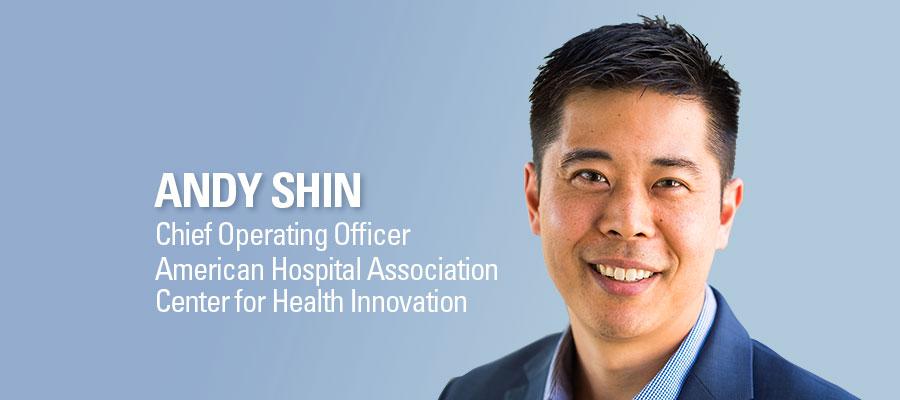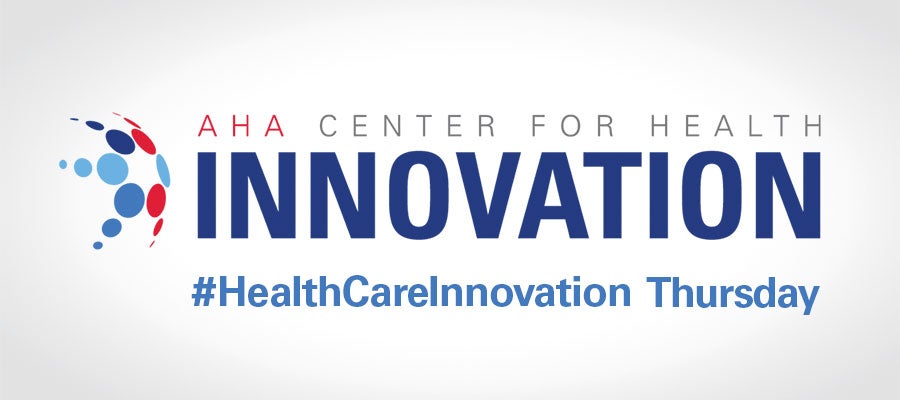What health care is learning from startup culture

The most important thing startups bring to health care innovation may not be what you think — it’s how you think.

Down the street from the epicenter of the health care universe — the JP Morgan Chase Healthcare Conference that converges in San Francisco every January — is a smaller, more evangelical gathering of health care entrepreneurs, investors, providers and other leaders. The attendees at the annual StartUp Health Festival are evangelical about one thing: to improve the health of everyone on the planet by 2040.
To a certain extent, this gathering is what you’d expect. A converted warehouse with exposed brick and flashy digital screens that extend nearly the entirety of the narrow, completely packed room remind you that small doesn’t mean you can’t change the world. Indeed, StartUp Health organizes their focus areas around 11 “moonshots” that roughly follow the U.N. sustainable development goals for good health and well-being, which range from longevity to behavioral health to affordable care. A testament to the potential in actually progressing toward or achieving some of those moonshots is the large number of investors, entrepreneurs and industry stakeholders in the room.
Startups and health care innovation
It’s no surprise that quite a few hospitals and health systems attend the festival and meet with many of the startups. We certainly have seen a proliferation of health systems participate in or even create their own venture funds as part of their innovation strategy. It makes perfect sense. Hospitals and health systems have the clinical expertise and end-user perspective that can help make a potential solution more likely to succeed and scale.
Arguably, many of the technologies and breakthrough clinical discoveries come from our nation’s hospitals and health systems, affiliated universities and labs.
Yet the question that frequently confronts us is: What do these startup companies — many with little or no health care experience — bring to health systems that already may have incredible research, clinical and operational assets? Arguably, many of the technologies and breakthrough clinical discoveries come from our nation’s hospitals and health systems, affiliated universities and labs. So, what do startups add that make them so attractive to established organizations and synonymous with innovation?
One theory is that for all the disadvantages that most startups have (e.g., capital, expertise/experience, paying customers), they bring one important factor to the table: a mindset of questioning everything, imagining what could be possible without constraints and an intense focus on defining and delivering for the customer. In fact, the “mindset asset” may be the most critical value-add for hospitals and health systems seeking to accelerate transformation.
Fostering mindset shifts
At the AHA Center for Health Innovation, we organize our work using an innovation framework that consists of establishing and advancing new mindsets, novel ideas that improve the practice of health care, and scalable solutions that create transformational change for the field. We intentionally lead with a focus on mindsets because it’s the base of the innovation pyramid.
Without new mindsets in leadership and on the front lines of care, how do we transform when it requires mindset shifts from organizational to customer-centered thinking, from one-size-fits-all to personalized, from centralized to democratized? To that end, we have seen health care leaders find multiple ways to create the processes, systems and, eventually, the culture that catalyzes new thinking or even getting-out-of-the-old-ways of thinking.
... the “mindset asset” may be the most critical value-add for hospitals and health systems seeking to accelerate transformation.
One major mindset shift is the opportunity to collaborate versus compete. For example, what makes Civica Rx innovative and even disruptive is not the technological novelty of manufacturing generic drugs. The innovation is a model where 1) drug manufacturers make essential generic drugs at an affordable price or 2) thousands of provider organizations converge to displace the established manufacturers by doing it themselves, based on social impact and not profitability. The mindset shift here was that providers could collaborate to take control of a serious problem with shortages and costs, and they could do it at a disruptive cost.
Startups, typically by necessity, are on the lookout to partner with other stakeholders in the health care ecosystem. Whether in the area of social determinants, virtual health or data, how often do we seek to build products, platforms or models ourselves and choose to compete, when we could partner to create so much more?
Driving “moonshots” and better health
As the field faces unprecedented change, we are seeing a growing number of hospital and health system leaders start to prioritize initiatives and collaborations that foster mindset shifts. Those that do it well often are looking to create innovation capacity by adopting new paradigms of interprofessional education and cooperation around shared problems to solve. They are building cultures that prioritize catalytic questioning, pressure-testing basic assumptions and “that’s the way it is” quicksand.
Startups don’t have a monopoly on this market. It’s time for the health care field to embrace new mindsets and leverage the immense ingenuity and compassion that define our connection to purpose. What else can we borrow from the startup playbook to drive our own moonshots that will define the next generation of health?
Andy Shin is chief operating officer of the AHA Center for Health Innovation.
Follow our AHA Weekly blogs or on social media with #HealthCareInnovation Thursday.

